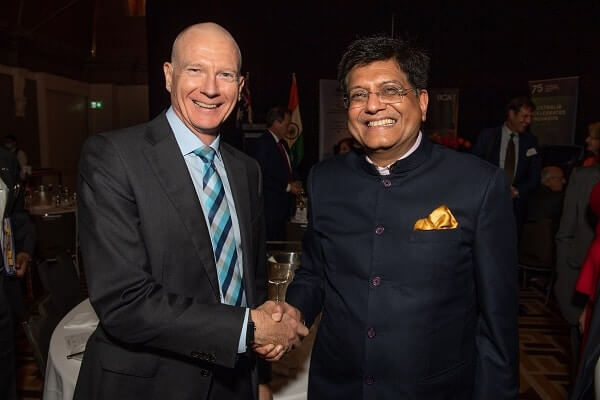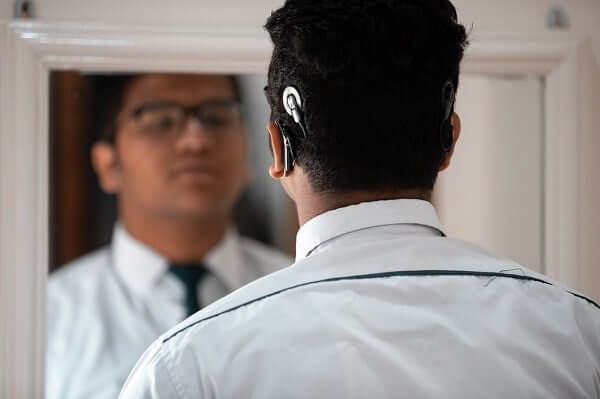With lowered tariffs for medical products after the Australia-India Economic Cooperation and Trade Agreement (AIECTA), Australian products like the AirPhysio and the Cochlear implant are now more accessible than ever in the Indian market.
The new trade agreement reduces import tariffs drastically, from 42.5 per cent to 7.5 per cent on medical devices, enticing Australian manufacturers to liaise with local Indian distributors.
Previously, the Indian Government had set out to lower barriers to high quality medical products, especially for respiratory treatment, by decreasing tariffs by 20 per cent.
“Big changes are occurring in the health industry in India – and this opens up opportunities that didn’t exist before,” said Paul O’Brien, Co-founder and CEO of AirPhysio.
AirPhysio’s hand-held breathing device is designed to help people with limited lung capacity clear their lungs and improve breathing.
At an estimated 200 million people with breathing difficulties due to poor air quality and smoke-related respiratory issues in India, the target market is large, O’brien added.
AirPhysio launched in India in February 2022, initially selling 6-8 devices a day. After establishing a potential consumer base, O’Brien set up a fulfilment centre in Hyderabad to bulk ship the devices at local rates and has exported over 3,000 devices.
AirPhysio has also started working with the MGM School of Physiotherapy, which is part of the Mahatma Gandhi Mission Institute of Health Sciences in Mumbai.
The AI-ECTA will also help Indians with hearing deficiencies access Australian technology after tariffs on hearing devices, parts, and accessories are gradually removed.

Sydney-based company Cochlear’s implantable hearing devices will now be more affordable to thousands of Indians.
Cochlear began working in India in 1995 and has worked with 21,000 patients in the country. Over 90 per cent of these patients are children.
They have also helped train more than 300 ear nose and throat (ENT) Indian surgeons.
“Now is a good time for Australian medtech in India,” noted Dig Howitt, President and Chief Executive Officer of Cochlear Ltd.
“We have some great medical technology companies in Australia – in medical devices and in pharma. The market in India is underserved: there’s genuine opportunities.”
Although it will take up to 2028 for complete elimination of tariffs, the rates on certain components will drop immediately.
“This is an important step forward,” Howitt said. “Our biggest barrier to helping children in India is awareness. The trade agreement will help because it will raise awareness of Australian med-tech.”
READ MORE: Dr Padmanabhan and team develop math model to predict vaccine efficacy





